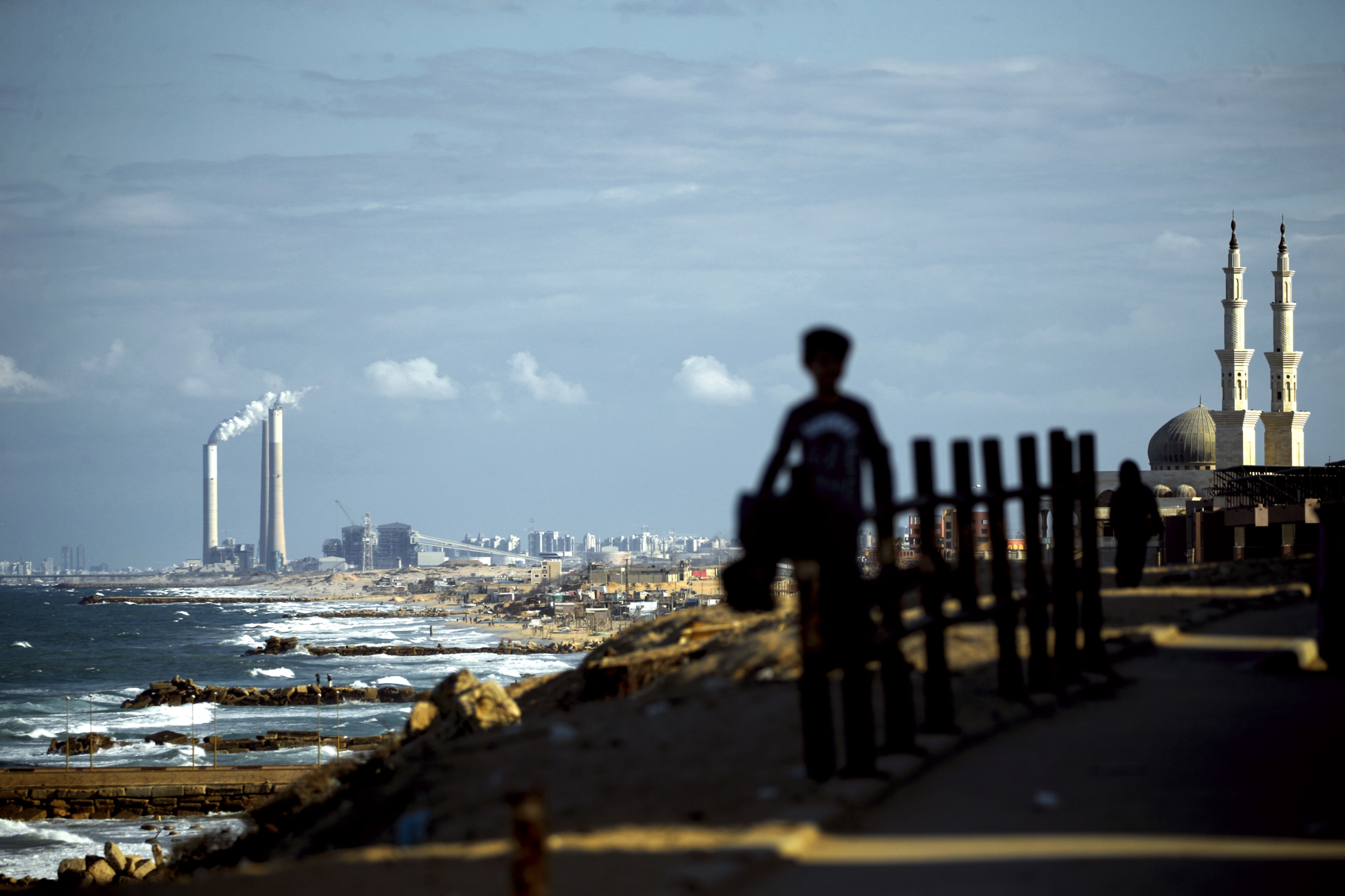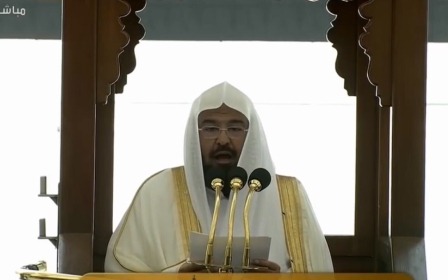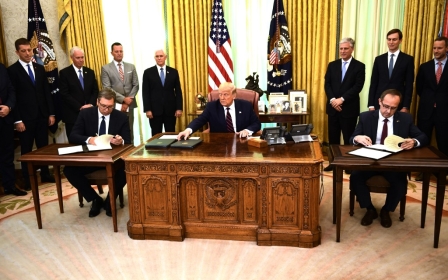UAE-Israel deal: Secretive 1960s Israel-Iran built pipeline could open new oil route, says report

The new recognition agreement between the United Arab Emirates and Israel could benefit a secretive oil pipeline built by Israel and Iran in the 1960s, according to a report by Foreign Policy magazine
The Europe Asia Pipeline Company (EAPC) - owners of the 158-mile conduit from the Mediterranean Sea to the Red Sea - could be used to bypass the Suez Canal and provide a cheaper alternative for oil shipments.
“It opens a lot of doors and opportunities,” the pipeline company’s CEO, Izik Levi, told Foreign Policy.
Foreign Policy reported that the primary advantage of the oil pipeline would be that giant supertankers - which make up the bulk of modern oil shipping and which cannot fit through the Suez Canal - carrying oil sent by producers such as Azerbaijan and Kazakhstan, would be able to offload at Ashkelon on Israel's Mediterranean coast. From there, the oil could be pumped to Eilat in the Gulf of Aqaba for transport to China, South Korea or elsewhere in Asia.
Oil flowing in the reverse direction, originating from countries in the Arabian peninsula, would also be able to bypass the Suez Canal.
New MEE newsletter: Jerusalem Dispatch
Sign up to get the latest insights and analysis on Israel-Palestine, alongside Turkey Unpacked and other MEE newsletters
A secretive venture
The EAPC pipeline was originally registered in 1968 as a 50-50 joint venture between Iran and Israel.
Prior to the Islamic Revolution of 1979 - before the two countries broke off relations - Israel and Iran enjoyed strong, but discreet, diplomatic relations.
The original aim of the pipeline had been to prevent a repeat of the 1956 Suez Crisis and secure Israeli and European energy imports. The EAPC has been described as "Israel’s most secretive company" and releases no public financial statements.
"Everything regarding the pipeline is secret, even the direction the oil is flowing," said Leehee Goldenberg, an environmental lawyer, in the Financial Times in 2016.
'Everything regarding the pipeline is secret, even the direction the oil is flowing'
- Leehee Goldenberg, lawyer
“People deserve to know what is flowing through their backyard.”
In 2014, however, the company made headlines after a leak from the pipeline resulted in Israel's worst-ever environmental disaster.
The long-running boycott of Israel by Arab countries has meant that oil tankers acknowledging their docking at an Israeli port have faced difficulty in doing business with Arab countries - this has been used as one justification for the EAPC's secrecy.
However, with the UAE abandoning the boycott and with other Gulf countries expected to follow, some see new opportunities for the line.
“If the concerns [with secrecy] go down significantly, the price will drop significantly,” Levi said.
“Then it becomes economically feasible and even more worthwhile.”
Levi said that, while he could not divulge the names of EAPC's customers, they did include some of the world's biggest companies.
This article is available in French on Middle East Eye French edition.
Middle East Eye delivers independent and unrivalled coverage and analysis of the Middle East, North Africa and beyond. To learn more about republishing this content and the associated fees, please fill out this form. More about MEE can be found here.




